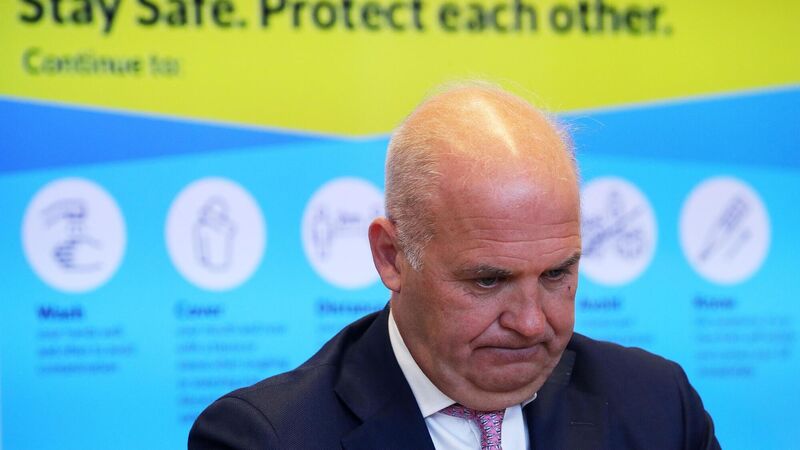Alison O'Connor: Bad Covid week poses questions on next steps — for us and Nphet

After being presented with the letter from Dr Holohan on Monday, with its dire predictions, there really was no choice for the Government but to go along with it. File picture: Brian Lawless
It’s impossible to predict what variant of Covid-19 we might face in September. But one thing that can be safely speculated on, for then, is a significant variant of Nphet, or indeed an entirely new body.
When the history of Covid is written, last Monday may well feature as a turning point. Clearly there have been other far worse days in terms of case numbers in the thousands and a rapidly rising number of deaths. However, it feels as if a seismic shift has taken place in terms of our future approach and how we live with this virus.















